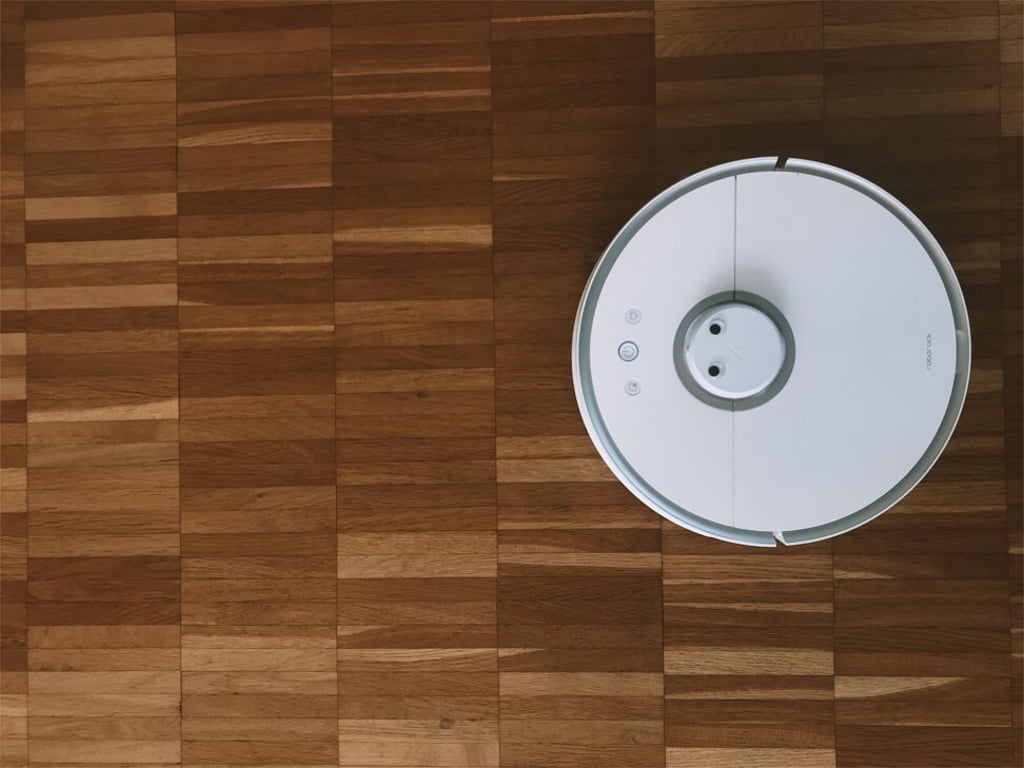India’s domestic workers face tough times as home appliances and smart cleaning gadgets replace them
- From robotic vacuum cleaners to dishwashers and Dysons, tech is helping a number of Indian families with chores since the pandemic began
- But many domestic workers who have lost their jobs to such appliances are struggling to make ends meet

Shoma Abhyankar is one of millions of Indians who turned to electric and electronic appliances during the Covid-19 pandemic to fill a housework gap left by limiting contact with domestic workers. The takeover by gadgets and machines could have lasting consequences, changing the face of domestic work across the nation.
Abhyankar, 45, an independent writer from the western city of Pune who lives with her husband and daughter, has used a robotic vacuum cleaner since a pandemic lockdown was announced in India in March 2020. Dispensing with her housekeeper’s services, she began doing the household chores herself. She says she is finding the work easy to manage.
“I use the robotic vacuum cleaner on alternate days and, with the dishwasher and the washer, my daily chores are taken care of, and now I am having second thoughts about asking my maid to resume work,” she says.
Many millions of families in India employ domestic workers on a part-time basis, where the worker lives elsewhere and travels to different homes, often four or five, on a regular basis. It’s a working system that has been the norm for decades.

Now, that seems to be changing – at speed – with the Covid-19 pandemic fostering a housework revolution in many Indian homes. Hampering movement across cities, the outbreak left families fearful of germs and intent on limiting contact with the world outside their homes. Even now, with people allowed to move freely again, fear of disease remains a powerful motivation.
